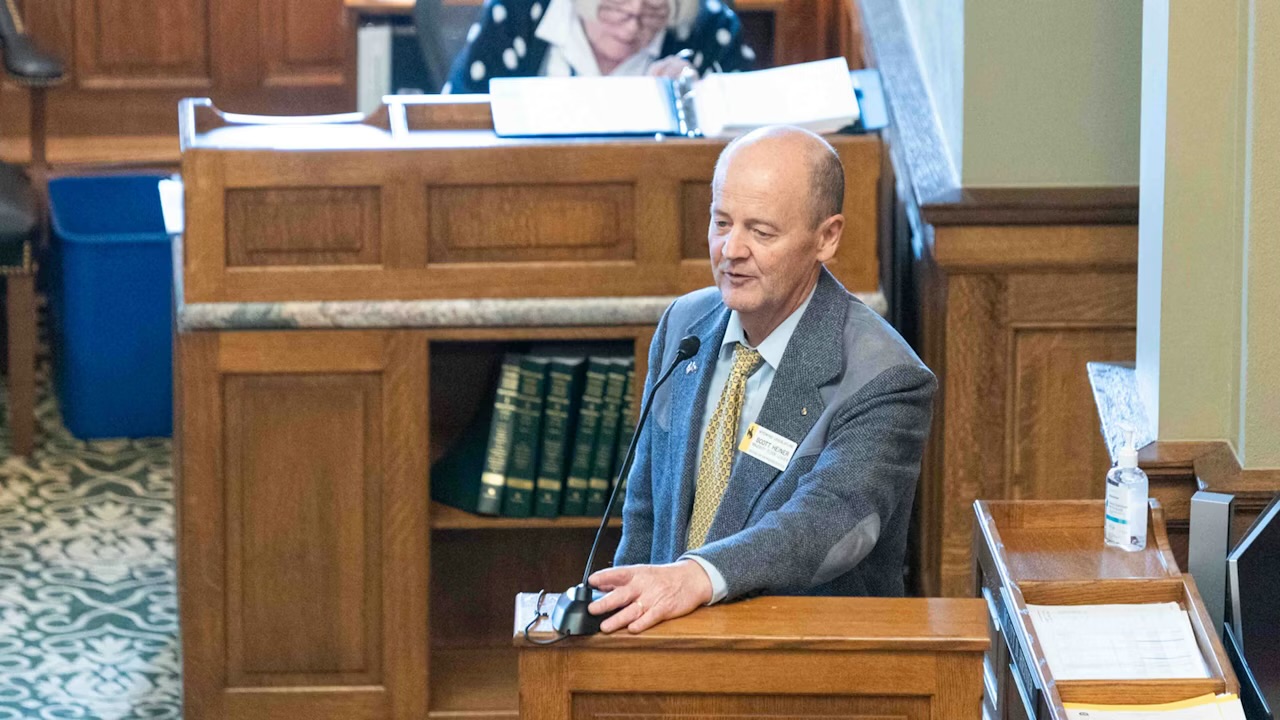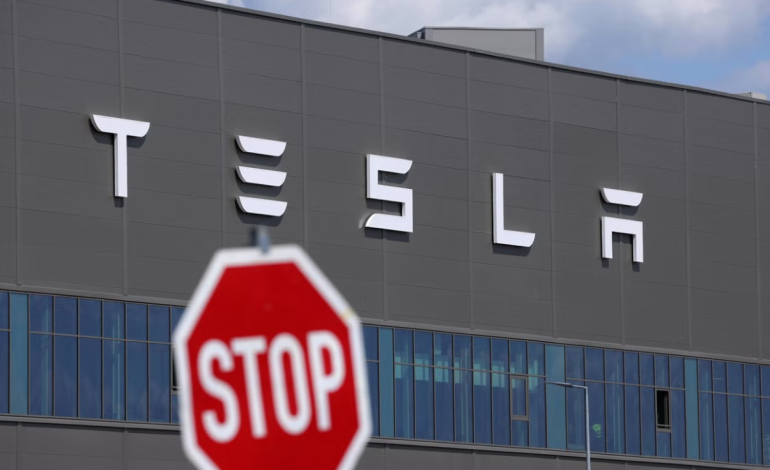Tesla’s global vehicle sales have fallen to their lowest level in three years, as the electric vehicle (EV) maker continues to face increasing market competition and reputational challenges tied to CEO Elon Musk’s political affiliations, the Independent reports.
In the second quarter of 2025, Tesla reported a 14% year-over-year drop in customer deliveries—one of the steepest declines in the company’s history. The slump comes amid growing scrutiny of Musk’s political stances and an increasingly crowded global EV market.
Analysts point to Musk’s vocal support for former President Donald Trump and other right-wing political figures as a contributing factor to weakening consumer demand. Protests at Tesla dealerships in the US and boycotts in Europe have added to the pressure.
“In parts of Europe, the political backlash associated with Elon Musk has further dampened demand, prompting localized boycotts,” said Liz Lee, associate director at Counterpoint Research.
She also cited brand reputation concerns and intensifying competition in China as key challenges.
The situation was further complicated in recent weeks by a public falling-out between Musk and Trump, after Musk criticized recent White House legislation on fiscal grounds, describing it as a “disgusting abomination” that cuts EV incentives. In response, Trump accused Musk of benefiting from extensive government subsidies and called for a review of his businesses.
Tesla’s recent sales contrast sharply with the performance of its chief rival, China’s BYD, which posted record EV sales in June. According to a regulatory filing with the Hong Kong Stock Exchange, BYD surpassed 1 million units sold in the first half of 2025, while Tesla recorded 720,803 deliveries over the same period.
The disappointing performance of Tesla’s much-anticipated Cybertruck has also drawn attention. The vehicle, sometimes nicknamed the “MagaMobile” due to its popularity among politically conservative buyers, recorded approximately 5,000 sales between April and June, far below expectations given its production capacity target of 250,000 units annually.










The latest news in your social feeds
Subscribe to our social media platforms to stay tuned